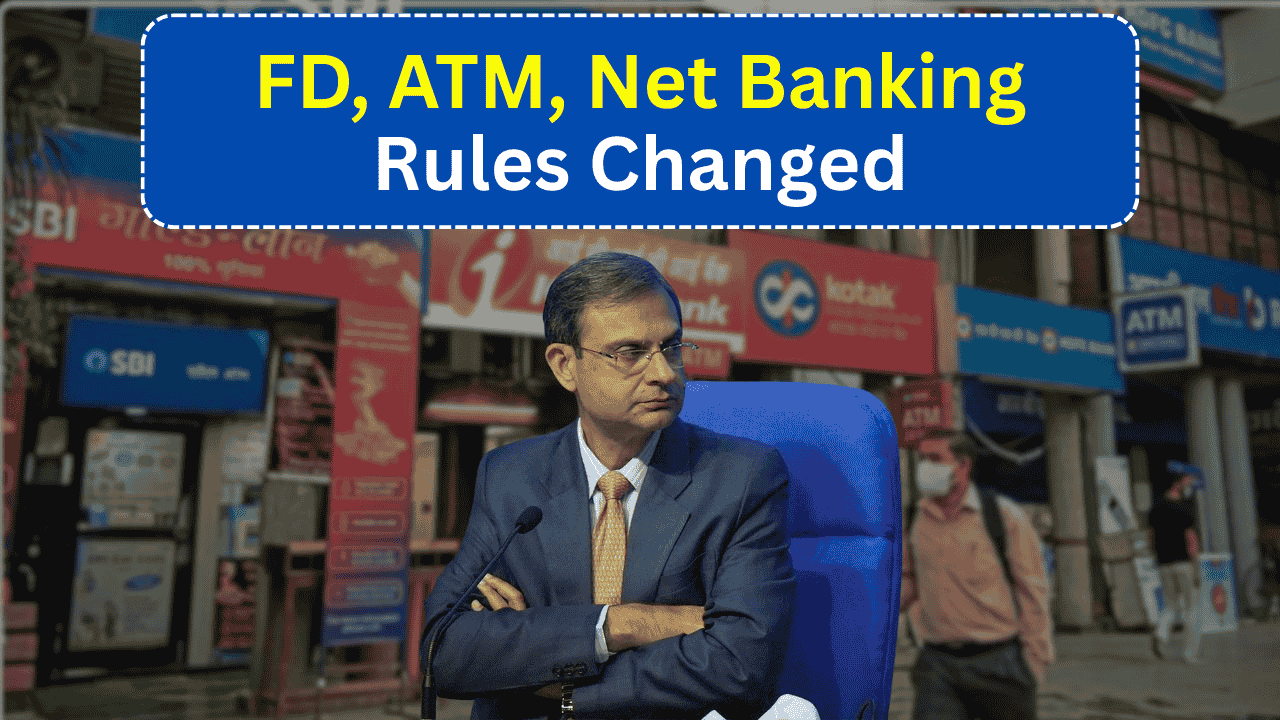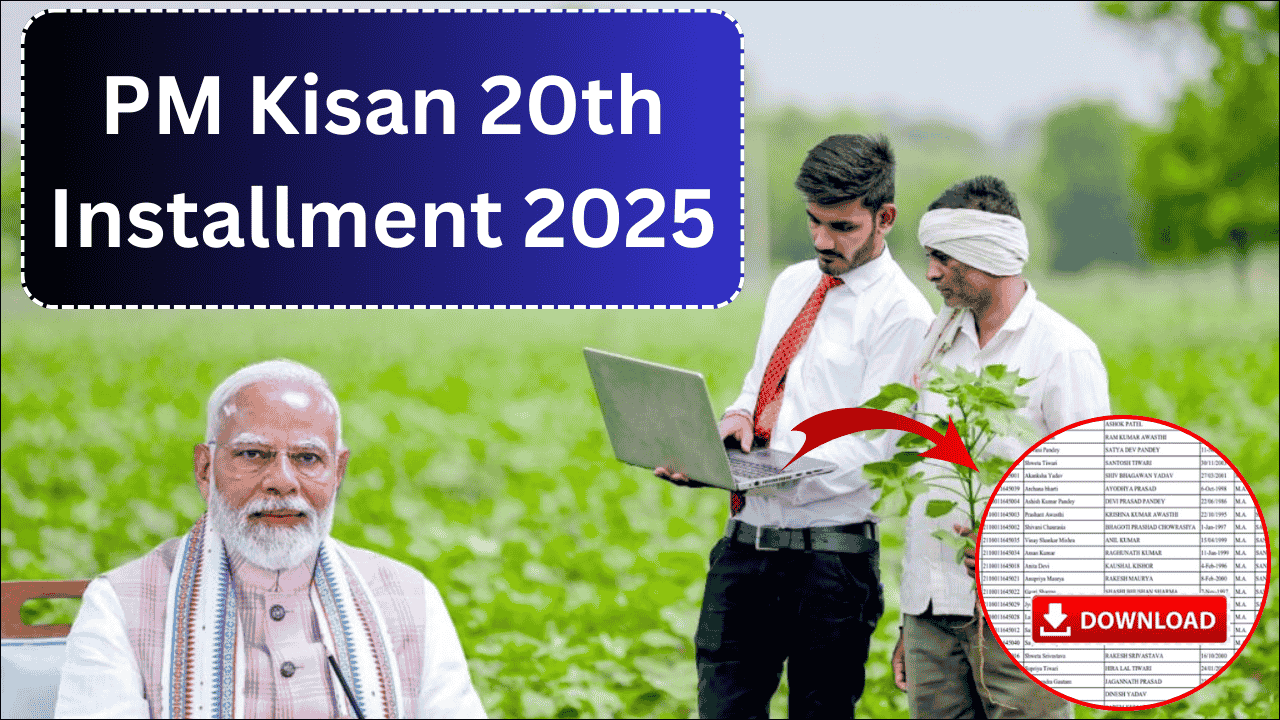
In a significant move designed to streamline last-minute travel arrangements, Indian Railways has announced a comprehensive overhaul of its Tatkal ticket booking system. The new framework, set to launch on May 20, promises to address long-standing challenges faced by urgent travelers while introducing enhanced accessibility and fairness in the allocation process. This revitalization of the emergency ticketing system comes as a welcome relief for millions of passengers who rely on last-minute travel options across India’s vast rail network.
Understanding the Tatkal System: A Lifeline for Urgent Travelers
The Tatkal reservation scheme has long served as a crucial safety net for passengers requiring urgent travel arrangements. Originally conceived to accommodate emergency journeys, the system allows travelers to book tickets at short notice—typically one day before the intended travel date. Over the years, this facility has become indispensable for business travelers, those facing family emergencies, and individuals with unexpected travel requirements.
However, the traditional Tatkal system had become plagued with numerous challenges:
- Overwhelming server congestion during booking windows
- Rapid ticket depletion within minutes of availability
- Exploitation by unauthorized booking agents
- Complex refund processes for canceled journeys
- Limited quota allocations across popular routes
The newly announced reforms aim to address these pain points while enhancing overall user experience and system transparency.
Key Changes in the Tatkal Reservation Framework
The revamped Tatkal system introduces several fundamental changes to the reservation process:
Revised Booking Timeline
The booking windows have been strategically staggered to distribute server load and provide equal opportunity for different travel classes:
| Travel Class | Previous Booking Time | New Booking Time (from May 20) |
|---|---|---|
| AC Classes (1AC, 2AC, 3AC, AC Chair Car) | 10:00 AM | 10:00 AM (unchanged) |
| Non-AC Classes (Sleeper, Second Sitting) | 11:00 AM | 11:00 AM (unchanged) |
| Booking Availability | 1 day before journey date | 1 day before journey date (unchanged) |
While the timing windows remain consistent with previous practice, the backend technological infrastructure has been significantly enhanced to handle the surge in booking requests during these periods.
Enhanced Quota Allocation
One of the most substantial improvements comes in the form of expanded Tatkal quotas across train categories:
| Train Category | Previous Tatkal Quota (approx.) | New Tatkal Quota (from May 20) | Percentage Increase |
|---|---|---|---|
| Premium Trains (Rajdhani, Shatabdi, Duronto) | 10% of total capacity | 15% of total capacity | 50% |
| Mail/Express Trains | 8-10% of total capacity | 12-15% of total capacity | 40-50% |
| Passenger/Regional Trains | 5-7% of total capacity | 8-10% of total capacity | 30-40% |
This expanded allocation directly addresses the chronic shortage of emergency tickets, particularly during peak travel seasons and on high-demand routes.
Streamlined Refund Process
The revamped system introduces a more passenger-friendly approach to refunds:
- Partial Refund Eligibility: Unlike the previous no-refund policy, certain circumstances now qualify for partial refunds
- Automated Processing: Refunds for eligible cancellations now process automatically without requiring additional passenger intervention
- Faster Settlement: Refund timelines have been reduced from 7-10 days to 3-5 working days
- Waitlist Protection: Clear policies for waitlisted Tatkal tickets that fail to confirm
Anti-Fraud Measures
To counter exploitation by unauthorized agents and ticket touts, several security enhancements have been implemented:
- Advanced IP tracking to identify and block bulk booking attempts
- One-time password (OTP) verification for high-value transactions
- Captcha innovations to distinguish between human users and automated bots
- Time-sensitive session management to prevent parallel booking attempts
- User activity monitoring to flag suspicious patterns
Tatkal Charges: Understanding the Premium
While improving accessibility, the Tatkal system continues to apply a premium charge over regular ticket fares. These premiums remain unchanged in the new system:
| Class Category | Tatkal Premium Range |
|---|---|
| Second Sitting (2S) | ₹10 – ₹15 |
| Sleeper Class (SL) | ₹90 – ₹175 |
| AC Chair Car (CC) | ₹100 – ₹200 |
| Third AC (3AC) | ₹300 – ₹400 |
| Second AC (2AC) | ₹400 – ₹500 |
| First AC (1AC) | ₹500 – ₹600 |
The exact premium within these ranges typically depends on the journey distance, train category, and seasonal demand factors.
Strategic Optimization for Successful Tatkal Booking
Despite the improvements, securing Tatkal tickets during peak seasons remains competitive. Here are comprehensive strategies to maximize your chances:
Pre-Booking Preparation
- Create and maintain an updated IRCTC (Indian Railway Catering and Tourism Corporation) account with verified credentials
- Save passenger details including names, ages, genders, and valid ID proof numbers in your profile
- Store multiple payment options in your account (net banking, credit/debit cards, UPI, and e-wallets)
- Identify alternative trains and routes as backup options
During Booking
- Log in to your IRCTC account at least 15-20 minutes before the booking window opens
- Pre-fill journey details including origin, destination, and date
- Keep the exact train number ready to avoid search delays
- Use a stable and high-speed internet connection
- Complete the transaction within the first few minutes of the booking window
Technical Considerations
- Clear browser cache before attempting to book
- Use the official IRCTC website or app rather than third-party platforms
- Avoid multiple login attempts from different devices simultaneously
- Ensure adequate balance or credit limit in your payment method
Technological Infrastructure Improvements
The revamped system is supported by significant backend technological enhancements:
- Cloud-Based Scaling: Dynamic server allocation during peak booking periods
- Load Balancing: Improved distribution of traffic across multiple servers
- Queue Management: Structured processing of simultaneous booking requests
- Failure Recovery: Enhanced redundancy to prevent system crashes
- Real-Time Monitoring: Continuous performance assessment and issue resolution
These improvements aim to address the notorious server slowdowns and transaction failures that previously plagued the Tatkal booking experience.
Comparative Analysis: The Evolution of Tatkal
The May 20 update represents the latest in a series of evolutionary improvements to the Tatkal system:
| Feature | Pre-2015 System | 2015-2023 System | New System (May 2023 onward) |
|---|---|---|---|
| Booking Window | 48 hours before journey | 24 hours before journey | 24 hours before journey |
| Identity Verification | Limited | Mandatory ID proof | Enhanced verification with digital validation |
| Agent Restrictions | Minimal | Partially restricted | Comprehensive restrictions with monitoring |
| Technological Infrastructure | Basic | Moderately improved | Advanced with cloud-based architecture |
| User Experience | Challenging | Improved but inconsistent | Streamlined with focus on reliability |
| Quota Allocation | Fixed percentage | Moderately flexible | Dynamic with enhanced allocation |
Future Roadmap: Beyond May 2023
Indian Railways has outlined several forthcoming enhancements that will build upon the current revamp:
- AI-Powered Demand Prediction: Using historical data to optimize quota distribution
- Regional Language Support: Expanding the booking interface to include more Indian languages
- Enhanced Mobile Experience: Dedicated optimizations for smartphone users
- Premium Tatkal Integration: Better coordination with Premium Tatkal services for ultra-urgent travel
- Inter-Modal Connectivity: Coordination with other transport modes for seamless emergency travel
Impact on Different Passenger Segments
The revamped system offers differentiated benefits across passenger categories:
- Business Travelers: Enhanced certainty for last-minute work trips with improved booking success rates
- Family Emergency Travelers: Greater ticket availability during crisis situations
- Student Travelers: Better accessibility during examination and admission seasons
- Senior Citizens: Simplified process with reduced technical barriers
- Rural Passengers: Improved access through assisted booking channels at reservation centers
Conclusion: A Step Toward Passenger-Centric Railways
The comprehensive revamp of the Tatkal reservation system represents a significant stride toward a more responsive and passenger-oriented Indian Railways. By addressing key pain points while expanding availability, the new framework promises to deliver meaningful improvements in the emergency travel experience.
As the system goes live on May 20, passengers are advised to familiarize themselves with the new protocols and prepare accordingly for their urgent travel needs. While the fundamental purpose of Tatkal remains unchanged—providing a lifeline for last-minute journeys—the mechanisms, accessibility, and user experience have been substantially refined.
For a nation where railways remain the primary long-distance transportation backbone, these improvements signal Indian Railways’ commitment to evolving with passenger needs while leveraging technological advancements. The coming months will reveal the real-world impact of these changes, potentially setting the stage for further refinements in India’s railway reservation ecosystem.
FAQs
Q: Do I need to create a new IRCTC account to use the revamped Tatkal system? A: No, existing IRCTC accounts remain valid, though updating your profile with current details is recommended for faster booking.
Q: Are Tatkal tickets more expensive under the new system? A: No, the Tatkal premium charges remain unchanged, ranging from ₹10 for Second Sitting to ₹600 for First AC, depending on distance.
Q: Can I book Tatkal tickets through railway reservation counters? A: Yes, station counters will continue to offer Tatkal bookings during the same time windows, though online booking typically provides better chances of success.
Q: Will the new system automatically refund canceled Tatkal tickets? A: Partial refunds are now available in certain circumstances, and the process has been automated for eligible cancellations.













